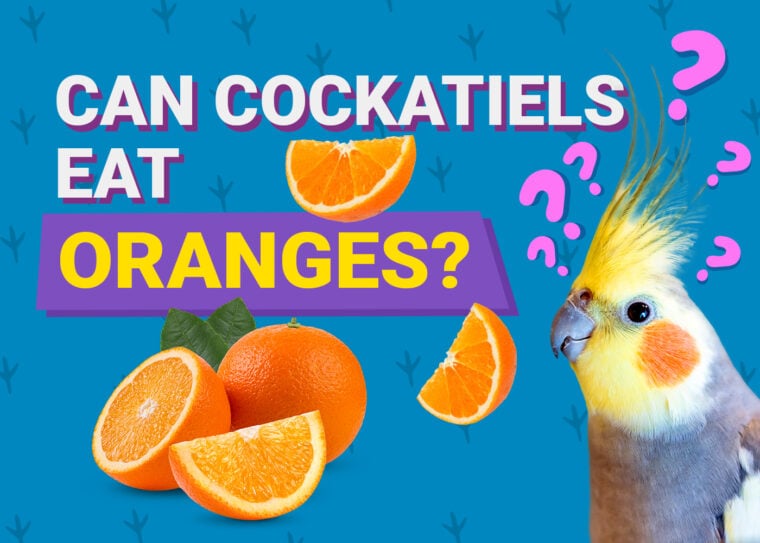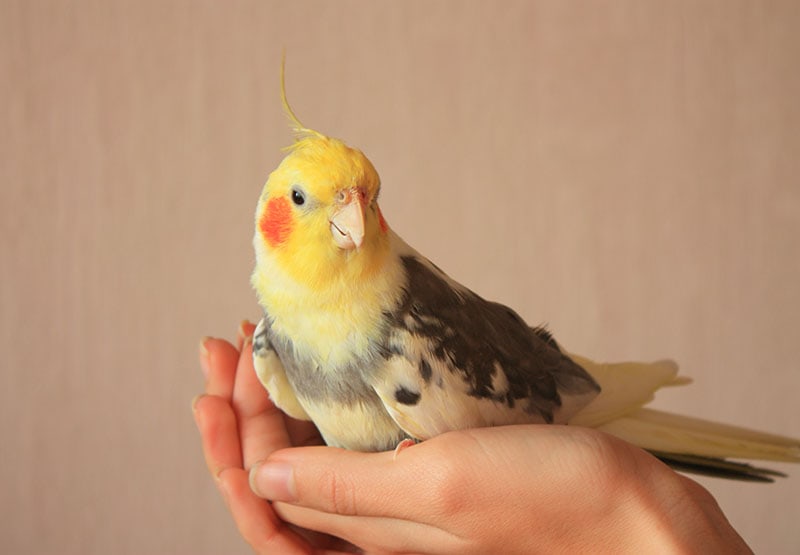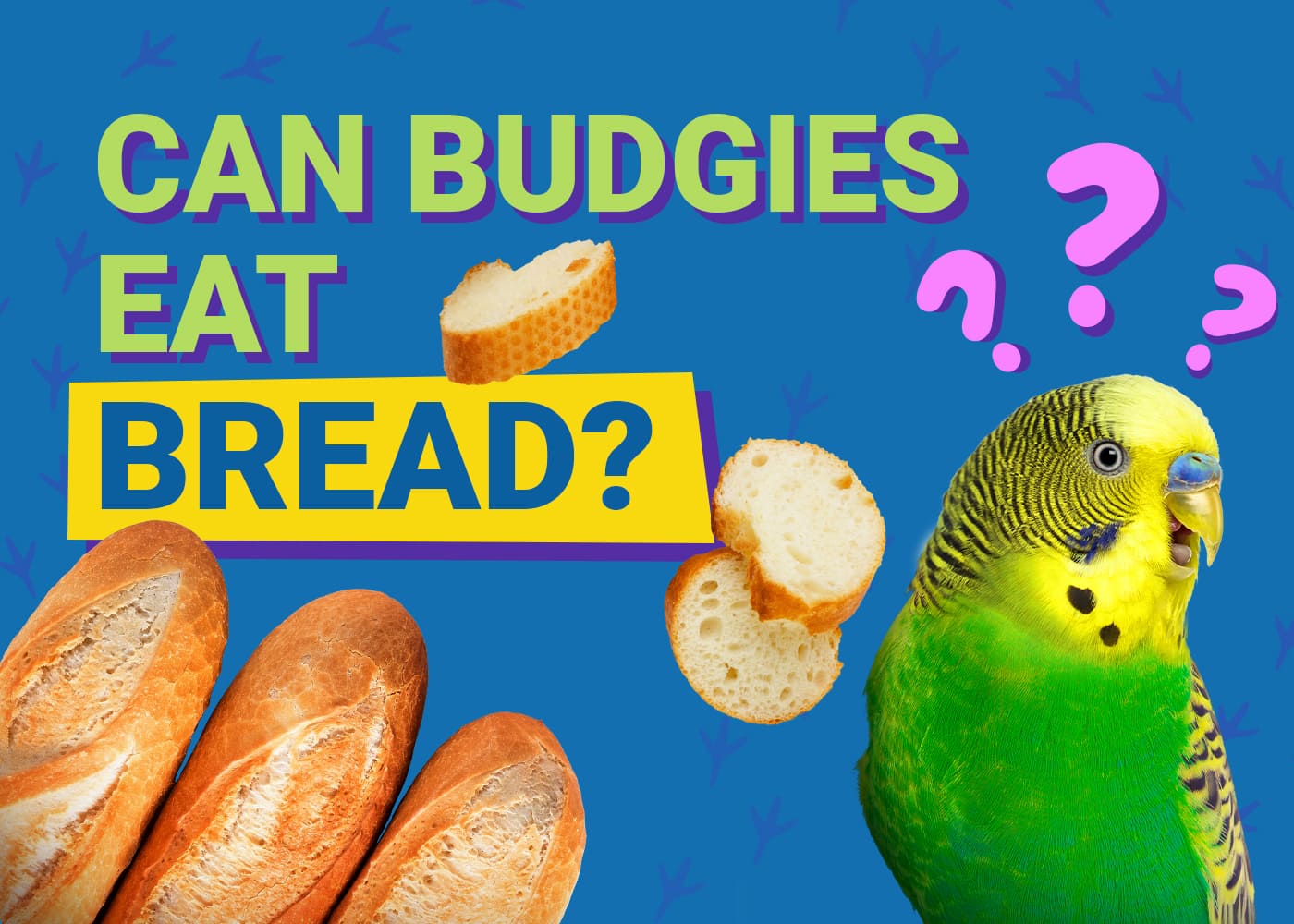
If you’re a cockatiel owner, observing your pet gleefully greet you in the morning in anticipation of a fresh selection of food items is an absolute treasure. One of the perks of aviculture is being able to include variety in pet parrot diets. In fact, it’s not just recommended but mandatory, as parrots cannot be maintained on just a pellet diet. Additions in the form of vegetables, fruits, nuts, seeds, and pulses are crucial for their well-being. When it comes to fruits, the list of safe options is extensive. Still, it’s always advised to check for safety before offering any fruit to your cockatiel.
Oranges are popular citrus fruits, enjoyed by many all over the world. If your cockatiel seems intrigued by this fruit, you can offer them a piece. Oranges are safe for cockatiels to eat and can be incorporated into their diet. However, the Trifoliate orange, also known as the Japanese bitter orange, hardy orange, or Chinese bitter orange, is not safe for cockatiels to eat. Read on as we distinguish between this and the standard sweet orange and explore how to properly incorporate fruits into your cockatiel’s diet.
Cockatiel Diet

Like most parrots, the diet of a cockatiel in the wild is much different than that of a pet cockatiel. Wild cockatiels are foragers that consistently travel in a home range, flying for long distances every day and eating a highly varied diet that is mostly seed-dominated. They round off this diet with the occasional shrub, some vegetation and fruit, and possibly a few insects. However, they’re mostly seed eaters with a very high metabolism.
As pets, their lives are much different. The lack of need to consistently fly away from predators gives pet cockatiels a much more relaxed lifestyle. With this lifestyle comes the inherent issue that the seeds that their wild counterparts consume are no longer considered safe for them when they’re kept as pets. First, it’s almost impossible to source all the different kinds of seeds that wild cockatiels eat for a pet cockatiel’s diet; wild cockatiels eat at least 60 different types of seeds. Second, since the quality of the soil that seeds are grown on can vary, a cockatiel kept on a seed-only diet might suffer health issues down the line, such as iodine deficiency (leading to goiter) or obesity (because seeds are very calorie-dense).
Fortunately, advancements in research have circumvented this conundrum. Commercial pellets have been found to be a reasonable starting point for almost all parrots that are kept as pets. Their nutrition is easier to control than that of seeds, they’re less fattening, and they’re more nutritionally balanced. However, there’s a catch. The unique nutritional needs of parrots render pellets ineffective as a meal when served on their own. Although they’re able to form a good bulk of your cockatiel’s diet, it is important to incorporate other vegetables, nuts, seeds, pulses, and fruits into their diet. These can be arranged in a pyramid for easy visual appreciation.

Where do oranges fall in all this? As fruits, they’re on top of the pyramid, in the least amount required by your cockatiel. However, they’re still necessary, and fruits shouldn’t be ignored when it comes to your cockatiel’s culinary welfare.
Feeding your cockatiels the wrong mixture of seeds can be dangerous to their health, so we recommend checking with an expert resource like The Ultimate Guide to Cockatiels, available on Amazon.
This excellent book will help you balance your cockatiels’ food sources by understanding the value of different seed types, dietary supplements, fruits and vegetables, and cuttlebone. You’ll also find tips on everything from housing to health care!
Oranges: The Peel of Approval
Oranges are a hybrid between the pomelo and mandarin oranges. They’re citrus fruits, commonly known as sweet oranges. Oranges are safe for your cockatiel to eat when served peeled and fresh. Cockatiels can safely consume the rind and seeds, though most people don’t like serving the seeds to their cockatiels. Anecdotal evidence suggests that many cockatiels quickly develop an affinity for the seeds and may choose to eat just those, ignoring the fruit itself.
Oranges should be served in moderation, as about 5% of your cockatiel’s fruit portion for the day when you opt to incorporate them into their diet. While they’re safe, many people don’t like leaving oranges in their pets’ cages for too long. They tend to sludge easily, and the dishes in which they are served must be thoroughly cleaned. Otherwise, the sludge may perpetuate harmful bacterial growth, which could cause health issues for your cockatiel. Therefore, it’s best to remove uneaten morsels within a few hours, ideally in less than 6 hours at the most, with removal and cleanup recommendations at 3 hours in particularly hot, humid climates.
- Related Read: Can Cockatiels Eat Pumpkin Seeds?
Better Sweet Than Bitter
Although sweet oranges are safe for cockatiels, caution should be observed with the Trifoliate orange. This orange is also known as the Japanese bitter orange, Chinese bitter orange, or the hardy orange. Whether or not this particular fruit belongs in the citrus genus is still an unresolved debate. As the name suggests, this particular orange tastes bitter. It’s most commonly found in Asian countries (like those sometimes included in the name), but it is also grown in many other parts of the world, such as Europe. This fruit has a particularly thick peel and a bulb-like appearance on its end.

Unlike the sweet orange, the bitter orange is not safe for cockatiels to consume, and all parts of this fruit are toxic for them. Therefore, you should not offer this to your cockatiel. It isn’t safe for other parrot species either. The exact toxic agent present in the fruit hasn’t been identified yet, but it is thought to be the compound poncirin, which is also what gives this fruit its trademark bitter flavor.
Playing It Safe
If you ever find yourself in a predicament where you can’t identify the type of orange you have, the assumption is that the easiest way to tell is by tasting the fruit to check for its bitterness (or lack thereof).
However, there are some not-so-bitter Trifoliate oranges out there, and not-so-sweet oranges may occasionally make their way to the market too. Therefore, it’s best to play it safe and not offer unidentified fruits to your cockatiel. There are other fruits that you can safely offer your cockatiel.

In Conclusion
Sweet oranges are safe fruits that can be incorporated into your cockatiel’s diet. However, the Trifoliate orange, also known as the hardy orange, Japanese bitter orange, or Chinese bitter orange, is toxic for cockatiels. If you ever find yourself in a situation where you can’t properly identify an orange, it’s best to err on the side of caution and offer your cockatiel a safe alternative as their fruit of the day.
Featured Image Credit: Barbara Rost, Shutterstock










